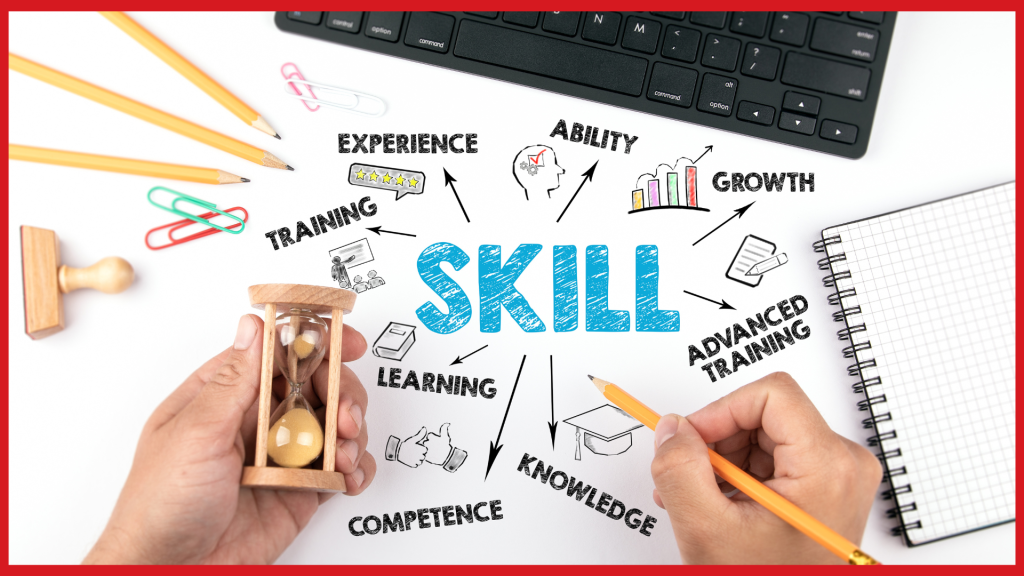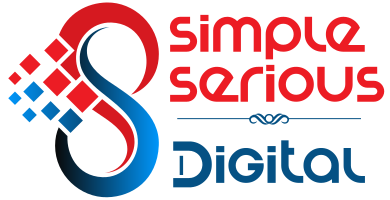
In the ever-evolving landscape of the job market, a paradigm shift is taking place. Traditional qualifications are no longer the sole benchmark for success. Enter skill-based hiring, a dynamic approach that places emphasis on what you can do rather than where you studied or the titles on your resume. For young professionals, this is not just a shift in hiring practices; it’s an open door to a world of opportunities.
The Evolution to Skill Based Hiring: A Game-Changer for Youths & Young Professionals

Historically, employers relied heavily on degrees and prior job titles when making hiring decisions. However, the tide is turning. Skill based hiring is gaining traction, where employers are prioritizing practical competencies over formal credentials. This shift signifies a move towards a more meritocratic and inclusive job market. Recently in China many young professionals were in panic as youth unemployment hit a record high with many employers citing fears that these new graduates lack the skills necessary to work. It’s no longer about schools but skills.
Young professionals, take note – the job market is warming up to your skills. Your ability to showcase what you can bring to the table is becoming more critical than ever. As companies recognize the value of diverse skill sets, the playing field is levelling, providing you with an opportunity to shine based on your capabilities. According to recent data, Recruiters on LinkedIn are now five times more likely to search for candidates by skills and not degrees. The top three industries where job posts without degrees requirements are growing faster than those with requirements are Information Technology & media, Accommodation & food and financial services.
Why Skill-Based Hiring is the Best Way to Fill In-Demand Roles
- Real-World Relevance: Skill-based hiring allows employers to align their workforce with the actual demands of the job. This ensures that individuals with the practical skills needed for specific roles are selected, leading to increased efficiency and productivity.
- Diversity and Inclusion: By focusing on skills rather than traditional qualifications, skill-based hiring promotes diversity and inclusion. It allows individuals from various backgrounds and experiences to be considered based on their abilities, fostering a richer and more varied workforce.
- Adaptability to Change: In industries where technology and methodologies evolve rapidly, skill-based hiring is a strategic choice. It ensures that the workforce is adaptable, capable of learning new technologies, and staying ahead of industry trends.
- Efficiency in Talent Acquisition: Skill-based hiring streamlines the hiring process. Employers can clearly define the skills required for a role, facilitating a more targeted search for suitable candidates. This efficiency is crucial, especially in roles where talent is in high demand.
- Meritocracy in Action: Skill-based hiring is a step towards a meritocratic job market. It allows individuals to be evaluated on their actual abilities rather than on factors that might not truly reflect their potential.
Expert Advice for Young Professionals: Navigating the Skill-Based Hiring Wave

Now that the job market is increasingly favoring skill-based hiring, how can young professionals maximize their potential and seize these opportunities?
- Embrace Continuous Learning: The learning journey doesn’t end with a degree. Actively seek opportunities to enhance your skills. Engage in online courses, attend workshops, and stay informed about industry trends.
- Build a Diverse Skill Set: Balance technical expertise with soft skills. Effective communication, adaptability, and problem-solving are qualities that complement technical prowess and make you stand out.
- Showcase Practical Skills: Develop a portfolio that showcases your practical skills. Whether through projects, case studies, or a personal website, provide tangible evidence of your capabilities.
- Network and Seek Mentors: Build a professional network. Attend industry events, engage in online communities, and seek mentors who can provide guidance on both technical skills and career development.
- Adaptability and Resilience: Cultivate a mindset of adaptability and resilience. The ability to navigate change effectively is a highly valuable skill. View challenges as opportunities for growth.
- Demonstrate a Growth Mindset: Employers value individuals with a growth mindset. Be open to learning, willingly take on challenges, and view setbacks as opportunities for growth.
- Seek Feedback and Iterate: Actively seek feedback on your work. Use constructive criticism as a tool for improvement. Iteration is key to refining your skills and projects based on insights gained from feedback.
- Explore Online Learning Platforms: Leverage online learning platforms for skill development. Platforms like Coursera, edX, and LinkedIn Learning offer courses across various topics and provide a flexible way to enhance your skill set.
- Understand the Business Context: Beyond technical expertise, understand the broader business context of your work. Being able to relate your skills to the strategic goals of the organization enhances your value.
- Build a Professional Brand: Craft a professional brand that showcases your skills and personality. Optimize your LinkedIn profile, contribute to relevant online discussions, and establish yourself as a knowledgeable professional in your field.
The shift towards skill-based hiring is an invitation for young professionals to shine based on their capabilities. By embracing continuous learning, showcasing practical skills, and cultivating a holistic skill set, young professionals can position themselves as valuable assets in the evolving job market. The future is bright for those who proactively adapt and invest in their skills – the key to unlocking a world of opportunities.



